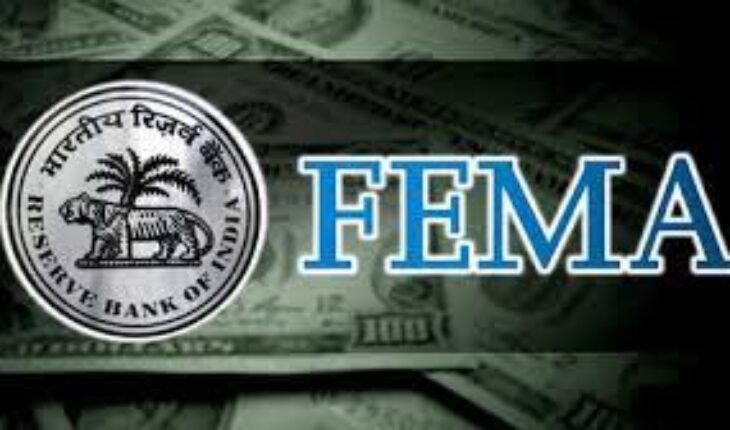New Delhi : In a move aimed at facilitating foreign investment in derivative instruments, the Reserve Bank of India (RBI) has amended the Foreign Exchange Management Act (FEMA) regulations, easing margin management requirements for trading in permitted derivatives both within and outside India.
Through two separate notifications, the central bank has introduced key changes to streamline derivative trading activities involving foreign participants.
The first notification expands the permission granted to Authorised Dealers (ADs), enabling them to post and collect margin domestically and internationally for permitted derivative contracts entered into with non-resident entities.
This provision extends to derivative contracts between two ADs, provided one of them is a branch of a foreign bank. Overseas branches and International Financial Services Centre Banking Units will also benefit from similar arrangements for derivative transactions.
Anindya Ghosh, Partner at INDUSLAW, a legal firm, commended the move, stating, “It provides clarity and operational flexibility, subject to RBI’s oversight and directions.” However, he cautioned that additional guidelines or circulars from the RBI might need to be examined to fully understand the scope and implications of the regulatory changes.
The second notification permits ADs in India to allow non-residents to open, hold, and maintain interest-bearing accounts in Indian Rupees and/or foreign currencies for the purpose of posting and collecting margin in India for permitted derivative contracts.
Currently, the RBI lists interest rate derivatives (interest rate swaps, forward rate agreements, and interest rate futures) and foreign currency derivatives (foreign currency forwards, currency swaps, and currency options) as permitted derivative contracts.
Similarly, in the equity market, four types of derivatives are allowed: forward contracts, futures contracts, options contracts, and swap contracts.
Ghosh highlighted the benefits of the second notification for non-residents, enabling them to earn interest on the funds maintained in these accounts for margin purposes and streamlining the management of their margin obligations related to permitted derivative contracts in India.
The amendments are expected to enhance the accessibility and efficiency of derivative trading for foreign investors, fostering greater participation and liquidity in India’s financial markets.






